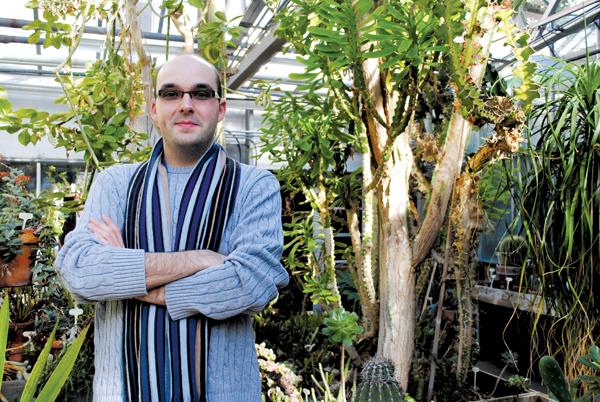
A new study conducted at Binghamton University found significant differences between men and women on their views of relationships and sexual hookups.
Justin Garcia, a SUNY doctoral fellow in the biology department and scientific adviser for www.match.com, began studying cuddling in early 2010. His focus for the study is commitment and sexual behaviors.
Focusing on romantic relationships, hookups, one-night stands and infidelity, Garcia has discovered a variety of results and differences between genders.
“One of the questions we have been looking to answer is how exactly men and women differ in their desire for long-term relationships and affiliative gestures such as cuddling and kissing,” Garcia said.
Dr. Ann Merriwether, a BU psychology professor; Chris Reiber, a BU anthropology professor; Leslie Heywood, a BU English professor; and Helen Fisher, a biological anthropologist at Rutgers University, also helped run the study.
In the study, 681 students were asked what type of relationship they prefer now. About 83 percent of women responded that they preferred a romantic relationship, while 63 percent of men preferred a romantic relationship.
“What’s most fascinating is that the majority of both genders said they wanted a relationship right now,” Garcia said. “Usually, we see this hookup culture on college campuses.”
Garcia added that many people are hooking up because they hope it will develop to a relationship.
The results also showed that 97 percent of men and women are interested in cuddling, embracing and holding, if in a relationship. About 52 percent of men and 61 percent of women said they were interested in cuddling with someone they are hooking up with.
Garcia is currently investigating the characteristics of those who are comfortable with a hookup and want to cuddle regardless of knowing the person.
“We want to know what they want out of it,” Garcia said. “Another interesting result we have found is based on cuddling after sexual behavior.”
The study found that 94 percent of men and 95 percent of women said they would like to spend the night cuddling after sexual behavior if in a relationship. On the other hand, 38 percent of men and 46 percent of women said they were interested in cuddling after sex, if they were not in a relationship.
“A lot of evidence says that love is in our biology,” Garcia said. “A lot of people want to feel romantically attached to one another.”
Tori Serigano, a junior double-majoring in English and philosophy, politics and law, said she likes to cuddle.
“I think cuddling is a lot more intimate and special than just going out and hooking up with someone,” Serigano said.
Alvin Chau, a junior majoring in economics, said he finds cuddling relaxing.
According to Garcia, students for the study were taken from the human subject pool, psychology subject pool, introductory courses and other places.
“We’re not the only creatures that engage,” Garcia said. “Certain primates express grooming behaviors and other species defend nests; I want to see what we [humans] do.”


